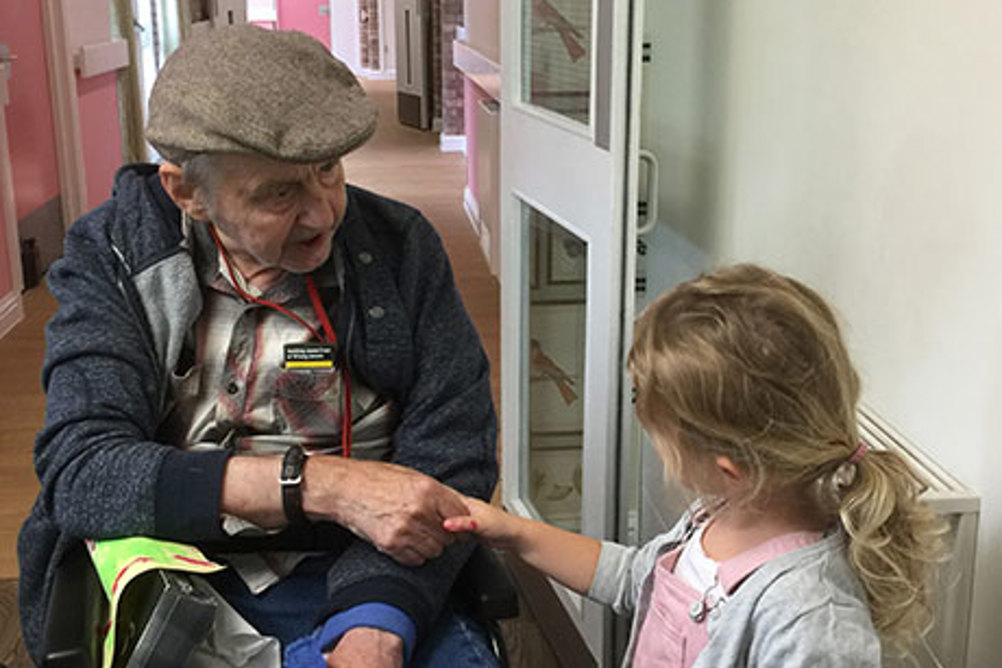
A new report has called for the introduction of 500 intergenerational shared sites to unite young and old people and counter ‘age apartheid’.
According to think-tank United for All Ages in its ‘Mixing Matters’ report published this month, urgent action is needed to create shared sites across the country by 2022 to tackle growing social divides in ‘Brexit Britain’.
In the report’s analysis of recent research, it found that Britain is one of the most age-segregated countries in the world, particularly for the oldest and youngest generations, and said this gap has widened over the past 50 years.
The report suggested a lack of age integration makes it harder to solve long-term unemployment, recruitment and career progression, and community health and well-being.
Register now to continue reading
Thank you for visiting Nursery World and making use of our archive of more than 35,000 expert features, subject guides, case studies and policy updates. Why not register today and enjoy the following great benefits:
What's included
-
Free access to 4 subscriber-only articles per month
-
Unlimited access to news and opinion
-
Email newsletter providing activity ideas, best practice and breaking news
Already have an account? Sign in here
